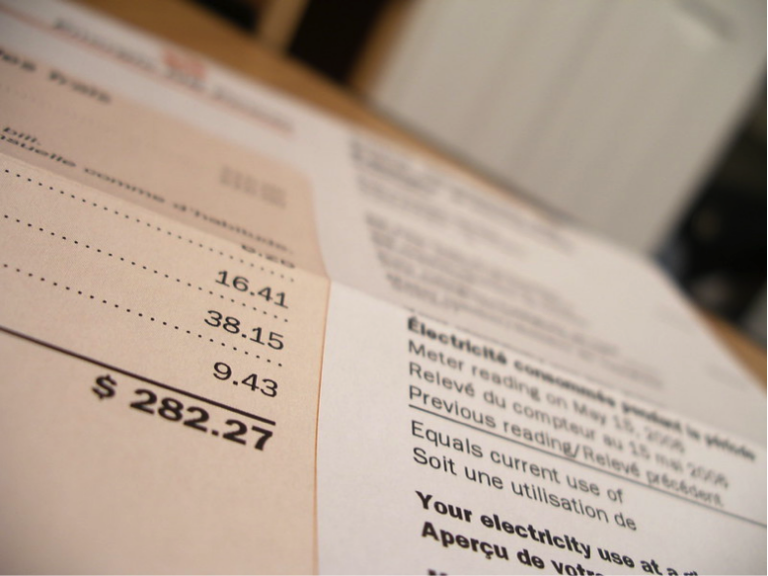The Citizens Utility Board (CUB) of Michigan has been calling for an overhaul of programs to assist Michigan utility customers, particularly low-income and/or elderly customers. So we are happy to see a new effort underway by state regulators to figure out exactly how to fix many of the problems with existing aid programs. This effort stems from Michigan regulators’ response to the pandemic, but let’s be clear: even before the pandemic, the problems were still there. The pandemic has just heightened the urgency.
The Michigan Public Service Commission (MPSC) staff has formed a collaborative effort with stakeholder groups to figure out ways to make energy bills and customer assistance payment plans more affordable and equitable, simplify existing assistance programs and improve data collection practices to better determine how much help customers need. Those are all goals the staff identified as worthy of pursuit in a December 2020 report that was done as part of the MPSC’s pandemic response. Then, in its pandemic response docket (U-20757), the MPSC commissioners themselves ordered the staff to create this effort, which is called the Energy Affordability and Accessibility Collaborative.
The first meeting of this Energy Affordability and Accessibility Collaborative was held on April 8. The meeting made clear that this collaborative really is starting from the ground up, which is a good thing. A large portion of the meeting was spent on the fundamental question of what exactly does it mean for energy to be affordable or unaffordable? Roger Colton, a prominent consultant on low-income customer issues in utility proceedings around the country (and who has submitted testimony for CUB recently), gave a presentation laying out some of the possible ways to define “affordability” and why many of them fall short.
For example, one could assume that if bills are being paid by customers, then those bills must be affordable. That seems to make sense at first glance. How could people be paying bills they can’t afford? Well, as Colton said, “the paid but unaffordable bill is a real phenomenon.” Just because customers are paying their bills doesn’t mean they are not making huge economic sacrifices to do so. Empirical data bears out that “people will go without food in order to pay utility bills. People will skip medicines,” Colton said.
So, Colton suggested, a more sensible measure of affordability (although not perfect) is to look at bills relative to income. That could be implemented through a fixed income percentage of income payment plan (PIPP), as we wrote about in this blog post. There remains, however, the question of who should qualify for assistance plans, be they PIPPs or something else.
Michigan’s current standards for qualifying for assistance are a bit of a jumble. There are several different assistance programs, and the level of income a household must have to be eligible for a program often varies from one to another. “There is not a clear understanding of how energy assistance programs, rate-based credits, weatherization and energy efficiency programs, and customer protections impact each other. A low-income household may receive SER [State Emergency Relief], HHC [Home Heating Credit], MEAP [Michigan Energy Assistance Program], either the RIA [Residential Income Assistance] or the LIA [Low-Income Assistance], and weatherization. Another household may receive one or none of these programs,” the staff’s report said.
The MPSC staff has asked University of Michigan researchers to study the impact of expanding SER eligibility to 200% of the federal poverty level, which would be in alignment with the eligibility for energy waste reduction programs for low-income customers. So that is one change that could simplify the situation.
The collaborative will be examining eligibility and a host of other issues for low-income customers. The staff must file an interim report on the collaborative’s progress in docket U-20757 by Dec. 17, 2021. Check the MPSC calendar to follow the next meetings of the collaborative. Information including presentations from and a recording of the April 8 meeting can be found here on the page the collaborative shares with the Energy Waste Reduction and Low-Income Workgroup.

